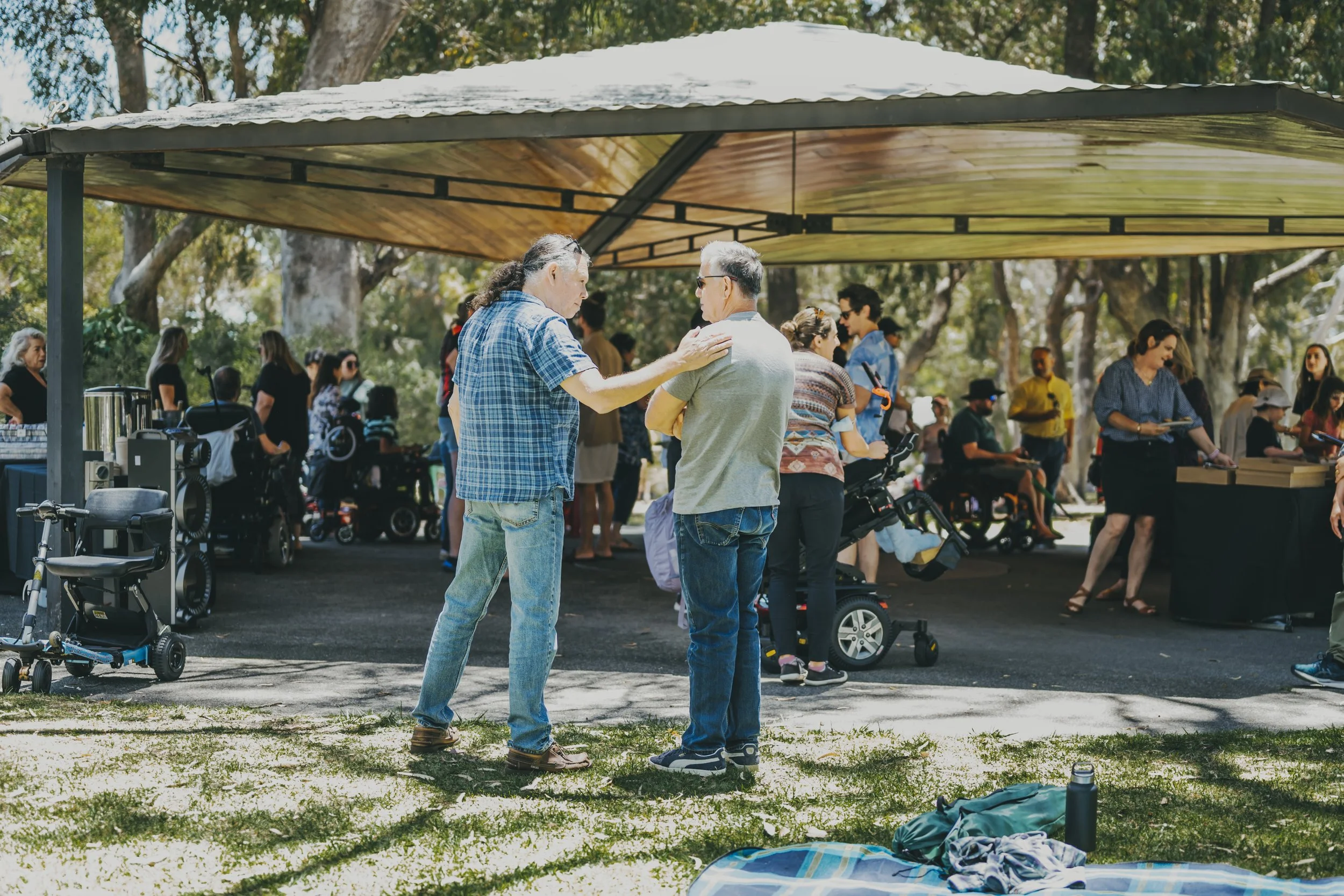About neuromuscular conditions
Neuromuscular conditions (NMCs) are a group of rare, genetic (inherited or acquired) conditions that impact the muscles and the nervous system supporting them, causing muscle degeneration and weakness.
They affect more than 40,000 Australians and we support around 800 people impacted by them in Western Australia.
Need more info? Contact our Navigators.
Who dO THEY affect?
Although often thought of as a childhood disease, these conditions affect people of all ages, race and gender, which makes finding a cure difficult and supporting a diverse community challenging.
What is the cause?
Most neuromuscular conditions are caused by genetic mutations. These mutations occur in an individual due to a spontaneous mutation or are inherited.
How many types of NMCs are there?
There are more than 75 conditions that are collectively known as NMCs, which include all the different types of muscular dystrophies as well as conditions such as spinal muscular atrophy and Charcot-Marie-Tooth.
What are the challenges?
With so many different types of neuromuscular conditions, the severity of deterioration of muscle strength and function varies, making the task of treating these conditions even more difficult.
What Is the impact of NMCS?
The impact varies according to the type of neuromuscular condition and can include difficulty walking, lifting, speaking and breathing. In some types it may impact life expectancy.
information on specific conditions
If you would like more information on each of the specific conditions, head to The Loop website. It provides a clear breakdown on what the condition is, what causes it and how it is diagnosed. You can also create tailored condition guides to share with your support networks and use the online forum to chat to others with NMCs.
Care
Though there’s no cure for neuromuscular conditions just yet, practitioners are working to improve muscle and joint function and to slow muscle deterioration.
Please note that we do not provide financial or medical advice, diagnosis or treatment. We will always recommend you seek the advice of a specialist or other qualified professional with any questions you may have regarding your financial situation or medical condition. Never disregard professional medical advice, or delay in seeking advice because of something you may have read on this site or any of the other links.
After diagnosis, a team of medical specialists can work with you and your family. That team will likely include a neurologist, orthopaedist, pulmonologist, physical and occupational therapist, nurse practitioner, cardiologist, registered dietician and a social worker.
As neuromuscular conditions are progressive, individuals will pass through different stages requiring different kinds of treatment. During the early stages of physical therapy, joint bracing and steroid medication can often be used and during the later stages, doctors may use assistive devices including:
Physical therapy and bracing to improve flexibility
Manual and power wheelchairs and scooters to improve mobility
Ventilator systems to support breathing and respiratory function
Information technology to help perform routine daily tasks and help with interaction
Specialised health beds to assist with movement throughout the night and during sleep

